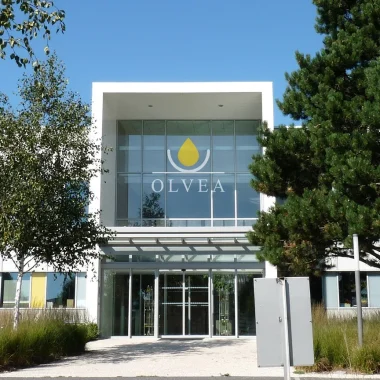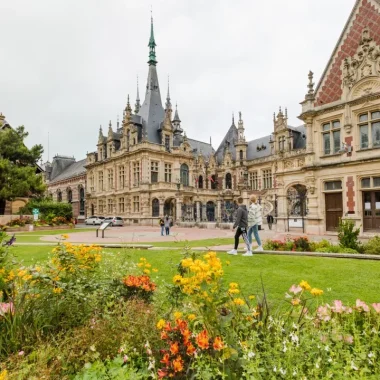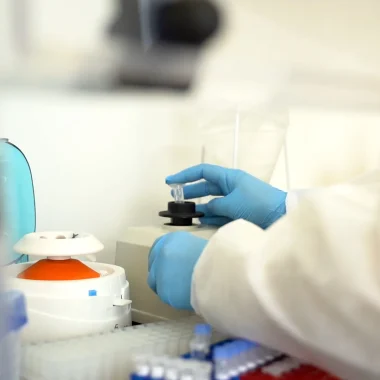Outside Saint-Pierre-en-Auge, a town in the county of Calvados, the Etablissement Public Local Agricole Le Robillard is a local public agricultural college that offers a rather special year’s course that’s unique in France, leading to a Certificate in ‘‘specialisation in cider’’. This is aimed at people looking for a career change retraining to produce and process cider. Further explanations follow!
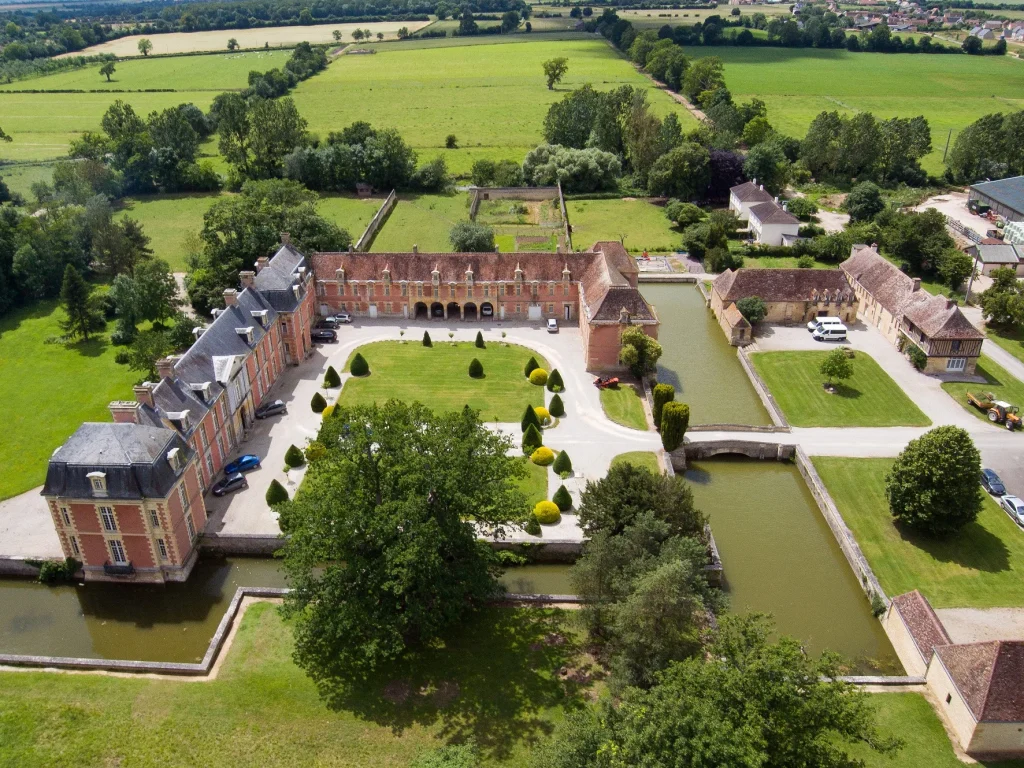
Two diploma training courses and a tailor-made course
Their names are Benjamin, Alix, Eloïse, Baptiste, Loïc… Since October, they’ve joined the year’s intake at Le Robillard’s CFPPA, or Centre de Formation Professionnelle et de Promotion Agricole (Centre for Agricultural Professional Training and Promotion), which accepts 15 people on average every year. ‘We offer two training courses to diploma level, as well as specific modules,’ explains Guillaume Le Bigot, the CFPPA’s Director. Organised according to themed days, the diploma courses, the BPREA (Brevet Professionnel Responsable d’Entreprise Agricole, or Professional Diploma for Agricultural Company Managers) and Certificat de Spécialisation Production Cidricole (Certificate for Specialisation in Cider Production), share 420 hours of training in common, although the courses are individualised. The Certificate course, the only one of its kind in France, is aimed specifically at people wishing to manage a cider apple orchard as producers, processors and sellers of cider products.
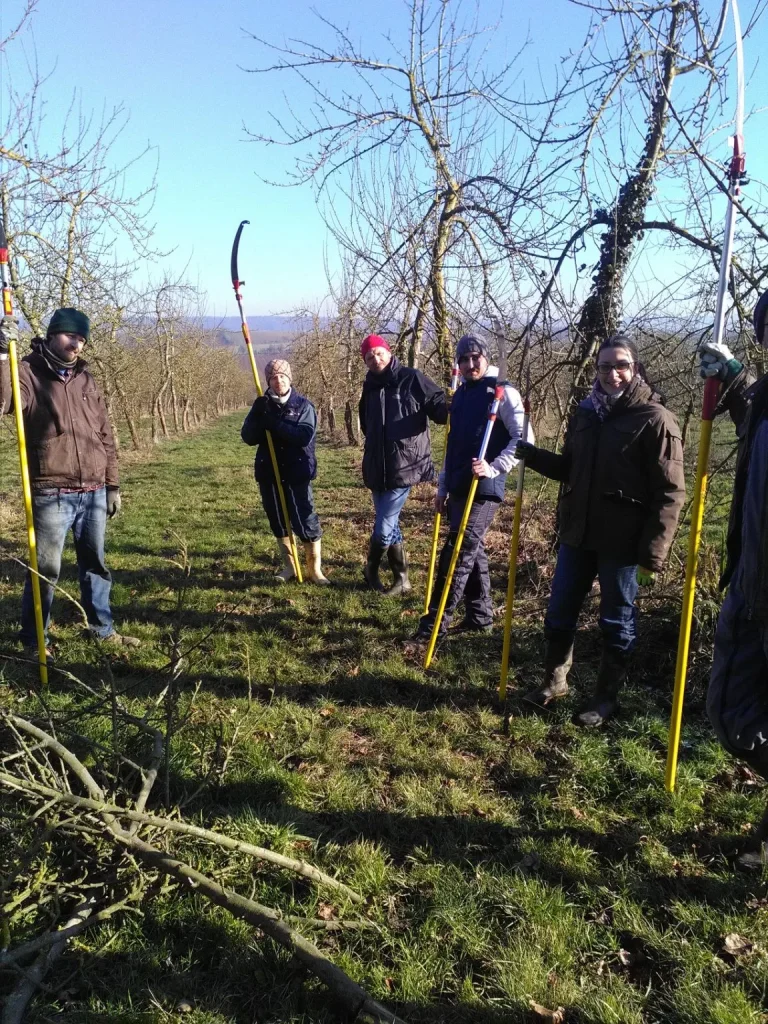
Fruit-tree growing and produce; transforming the produce into cider, vinegar, calvados (apple spirit) and pommeau (a blend of calvados and apple juice); learning about tasting and selling the produce and providing further facilities… ‘We offer classes indoors for the theory, plus practical experience on our establishment’s farm, with its orchard, sorting area, vats and tasting room, plus we also make visits to other establishments to focus on precise themes or to understand a company as a whole,’ explains Frédéric Vieillard, the course coordinator. Hands-on work experience as well as presentations by professionals in the sector, such as wine shop owners, fruit-tree experts and consultants in making cider, complement the teaching team’s work. Such training began in 1995, answering demand in one of the biggest of cider-producing regions in terms of volume.
The class brings together around fifteen trainees: 1/3 in BPREA, 1/3 in Specialization Certificate and 1/3 on certain thematic days.
A career change and a project to establish a business
What kind of students do the courses attract? In general, adults aged 35-40 years of age, though sometimes younger, with a clear project in mind. They might come from Normandy or neighbouring Brittany, or from such areas as the Creuse or the Basque Country, as well as from Eastern France. They come on one or other course to change career. Take the example of Benjamin, a 25 year old. This former Parisian fireman wants to set up a cider-making business in Brittany, where he’s originally from. ‘I’m taking the specialist Certificate course. I’ve come to learn the trade, as I’m not at all from the agricultural world, but then I discovered a cider-maker’s for sale near Rennes and I developed a passion for the idea!’ This trend is becoming increasingly common – farmers are intent on diversifying, leaving the coast clear for a new generation that wants to devote itself to cider.
You can follow this training without having seen an apple in your life!
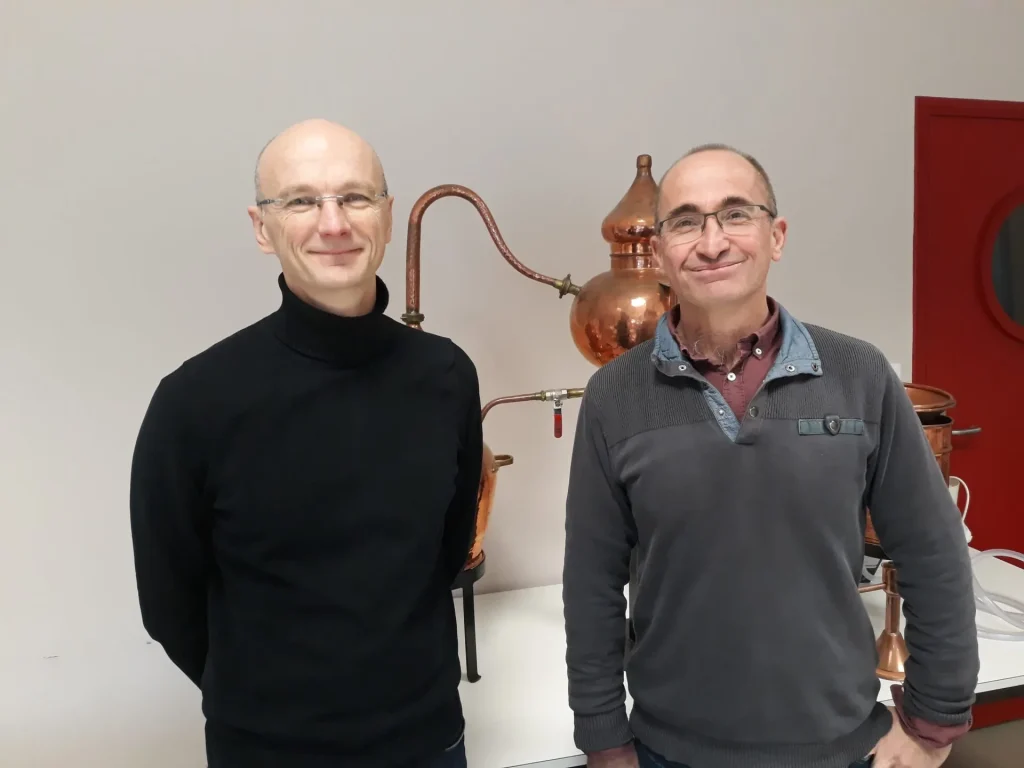
‘Nowadays, we only get students who want to work purely with apples,’ confirms Frédéric Vieillard, who, in 20 years, has noticed another development: ‘The people who sign up are less and less from a farming background, but have qualifications in higher education in other areas.’ An advantage, says their trainer, who notes the kinds of exchanges that arise from this: ‘In certain matters, some students come with a strong skills set that can help the group, for example, in sales and marketing.’ Some might have trained in industrial engineering, others at business schools.
While lots of the participants come from different backgrounds, most have well thought-out projects. ‘It’s not a case of enforced retraining and people don’t come here just by chance,’ Guillaume Le Bigot emphasises. Alix, originally from Picardy, is a 27 year old who’s on the BPREA course. She wants to run a family orchard, to create a cider-making business with an association of retired people. ‘I was looking for training in cider production. The BPREA diploma will allow me to take over the land to cultivate it and bring my project to fruition.’ Her objective is in line with the times, mixing traditional and biodynamic methods with direct sales and concern for the future.
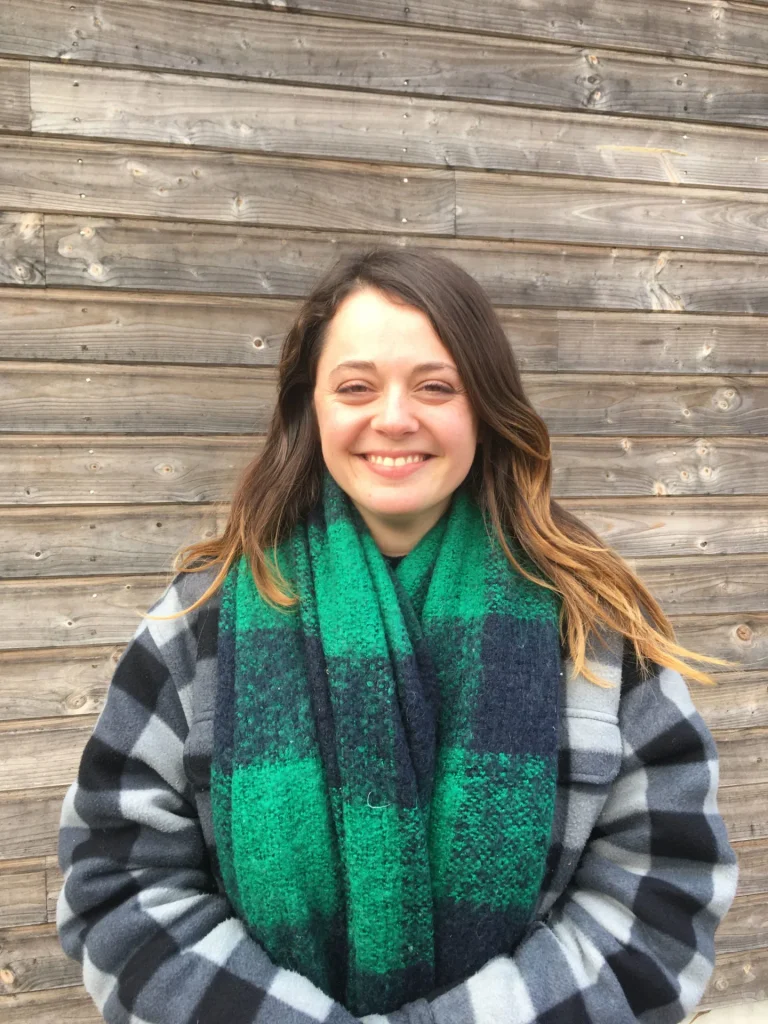
An attractive change of lifestyle
Starting with just seven to eight participants, in the last few years, some 15 students have signed up every year. ‘There’s a very strong trend, with participants wanting to move to working for small companies, perhaps even working for themselves, with just one or two employees, overseeing everything.’ Most of the students are ready to see their income reduced by a half to find a new sense in their daily life. It’s a change of lifestyle that fits well with the product. ‘These new types of producers have also come along because cider’s image has changed,’ notes Frédéric Vieillard. ‘We’re no long talking about an ordinary fizzy drink.’ Ciders on tap or in nice bottles are common… ‘in Rennes’s bars, you generally find industrially produced or foreign cider, but I want to offer craft cider, using distinctive marketing, putting a different flavour profile to the fore, to satisfy other tastes, as well as my own,’ promises Benjamin.
As proof of how popular cider-making has become, Le Robillard also attracts many international students, keen to learn Normandy know-how. Several times a year, according to demand, ‘Japanese and American students, for example, come to take part in training days on themes that interest them,’ explains the CFPPA’s Director. That’s because cider’s popularity has broken through the clichés and frontiers. ‘The younger generations are following the fashion and, focused on the future, they know how to sell the cider better. These producers believe in shaking things up while keeping cider’s traditional, natural image, but perhaps avoiding gluten, or then producing lower alcohol cider, factors that are on trend today.’
People come looking for know-how and proximity to local products.
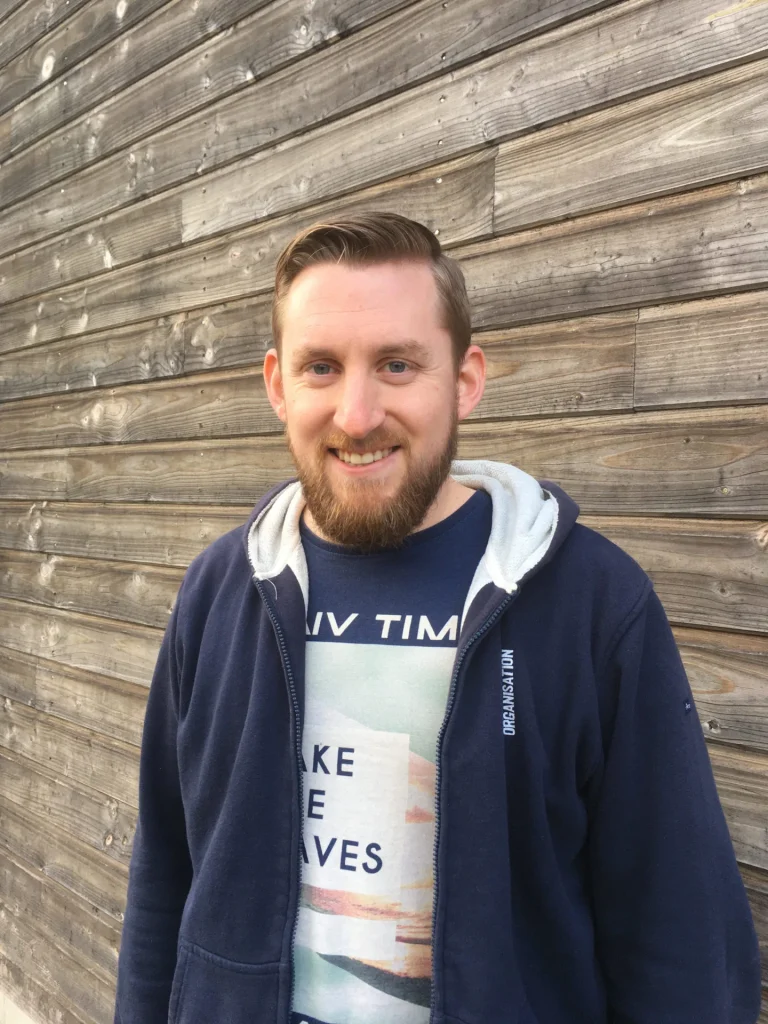
Thematics




